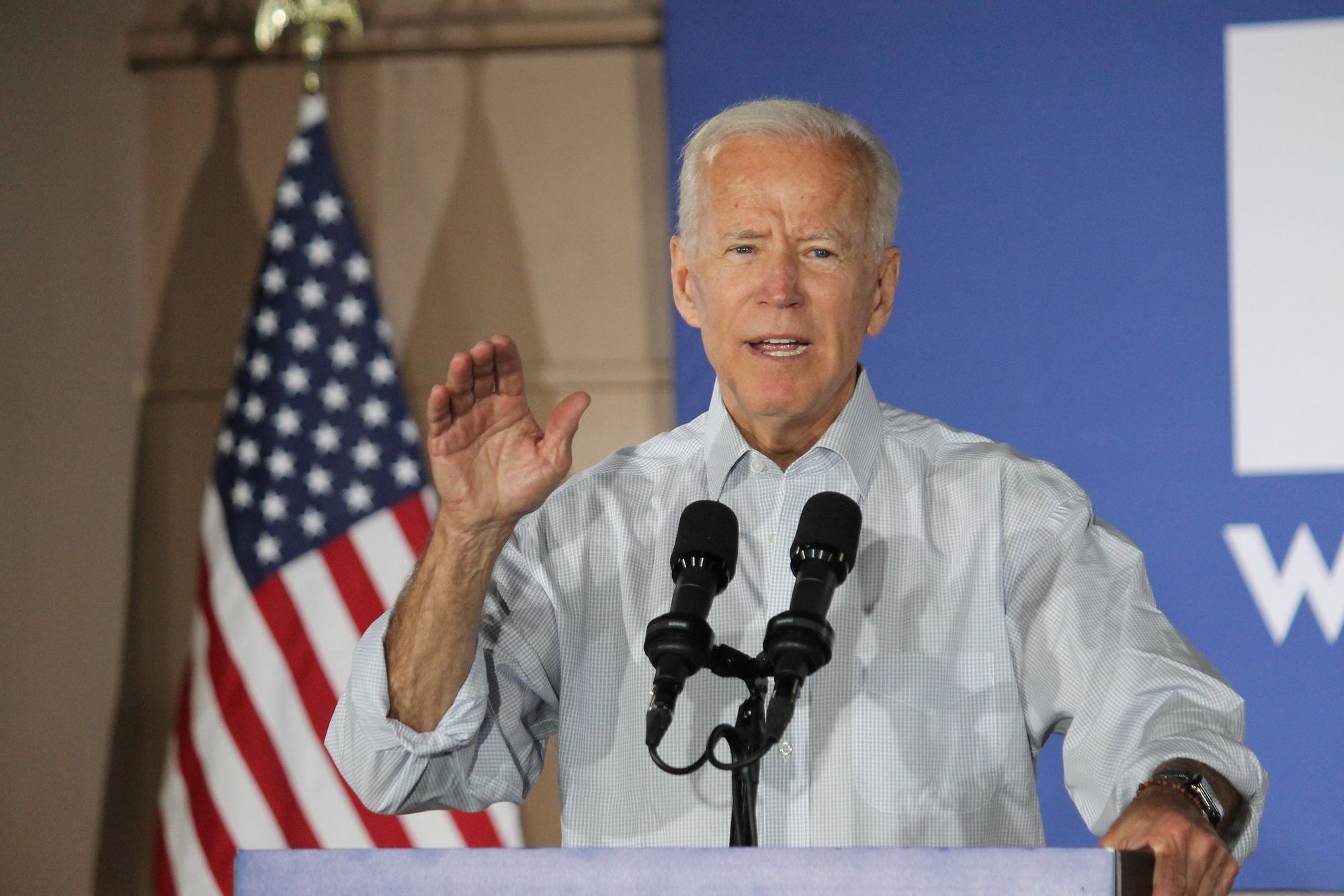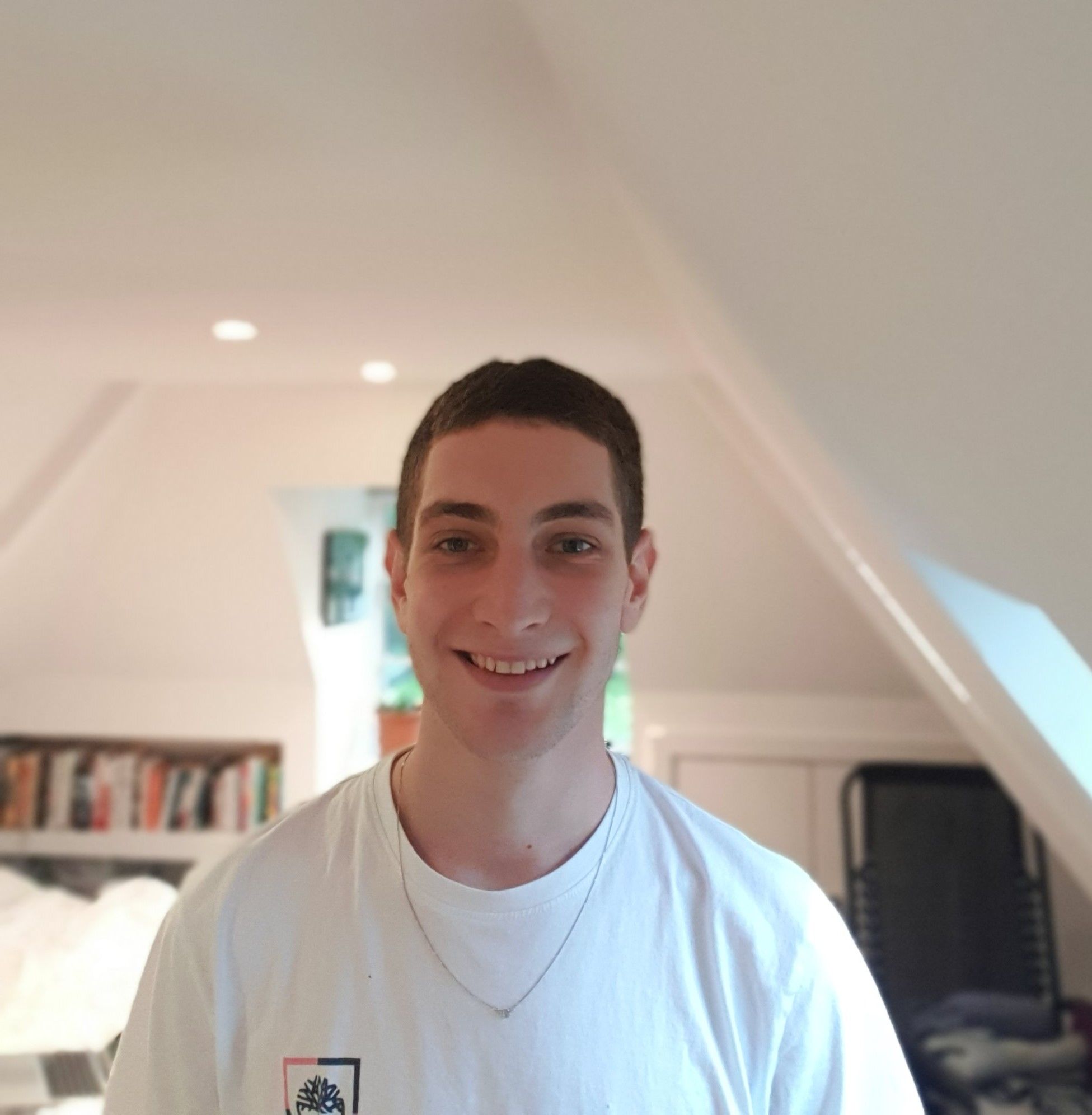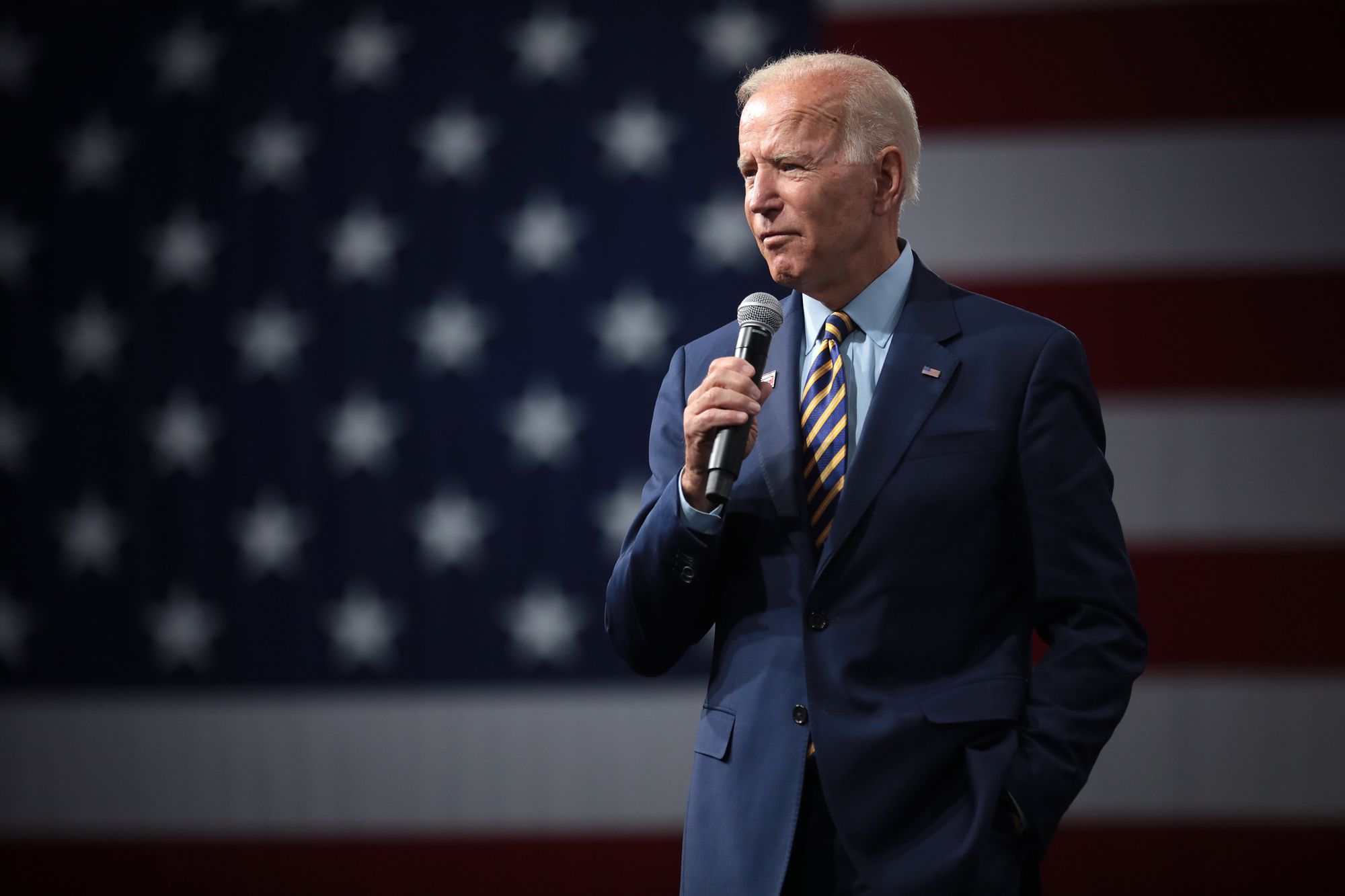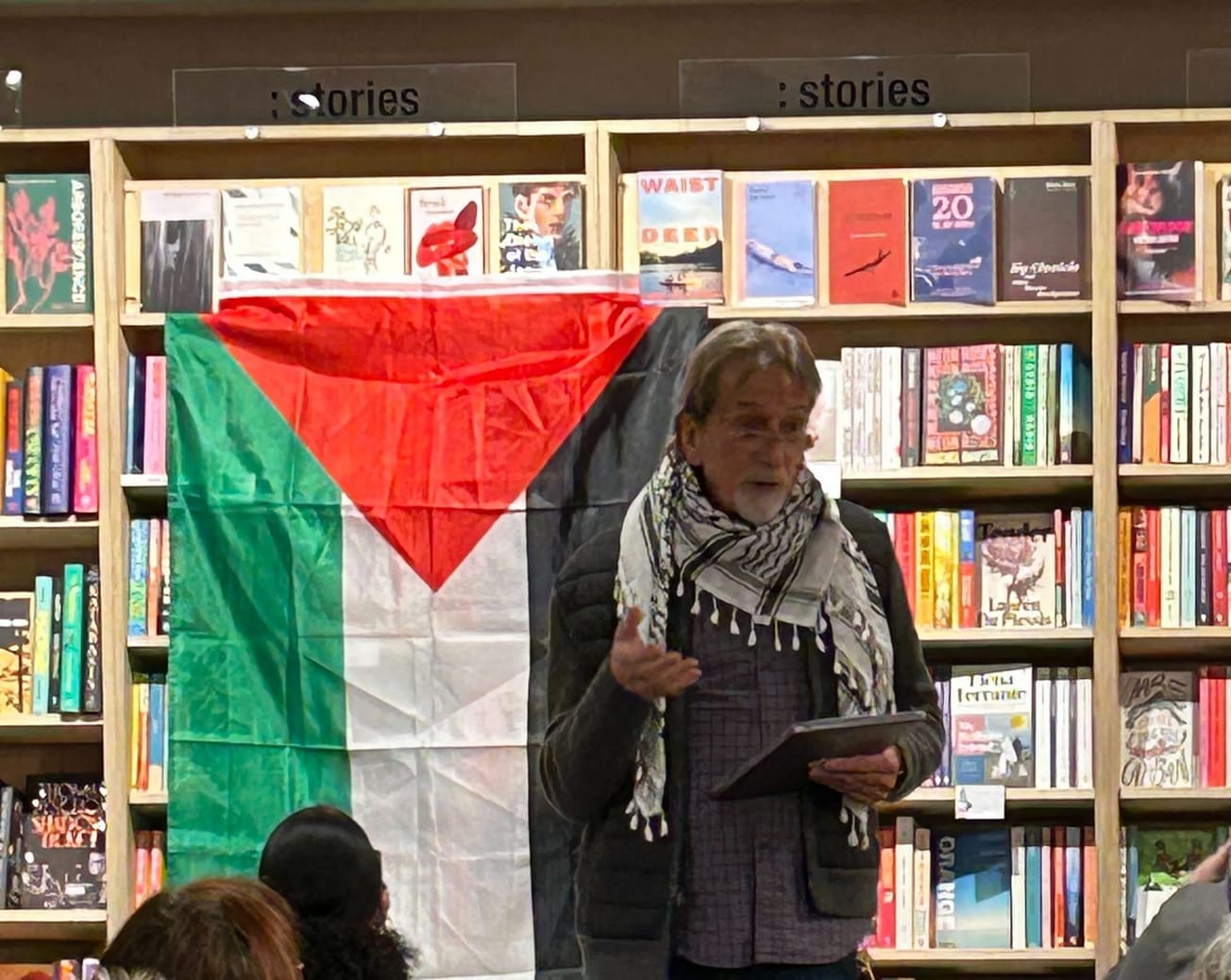By Samuel Kahn, 4th year Politics & International Relations, and an anonymous 2nd year Politics & International Relations
Its 4pm on a Tuesday afternoon, I am sitting on the phone in my Bristol university flat. But the place I’m calling is a very different setting. I am cold calling Americans to convince them to vote for the Democrats and I’ve not been overly successful.
I’m volunteering for a congressional campaign in the Midwest, in the closest race for congress in the country and the heart of red-neck America.
I am campaigning over the phone for the Democrats for two reasons. I found it hard to sit by in good conscience, especially watching the news coverage of the US election, knowing that I did not do anything to keep Trump out. Admittedly the second, less messianic reason, is that I found it exciting to talk to a slice of provincial Americana.
Most of the people who I called, hung up immediately. One cheerful caller heard the first tone of my generic foreign accent and shouted down the line ‘you’re a sham, where are you calling from? India?’

I suppose he was right in a way. I was a bit of a sham. I’m not a US citizen, nor can I vote in the election, and I’ve never been to the US state in question. I wasn’t exactly a credible person.
After channelling my inner Hugh Grant and opening with my standard line, ‘Hi there, I don’t suppose you have a minute to talk about the election?’, one woman shouted down the phone with the wind obstructing her voice, ‘I’m in the middle of an ice storm right now so not really.’ Before she hung up and returned to battling the wind, she said ‘If I have to crawl over broken glass to vote, I’ll do it.’
Then I got to the people I really wanted to speak to. Trump supporters.
Some of them told me that they like Trump because he ‘tells it like it is’, he ‘wants to keep corruption out of the White House’, and that he is ‘doing an amazing job by building the wall.’
I don’t want to paint the people of the USA as vicious
One supporter was even more to the point, proudly declaring ‘I ain't a commie, they’ll turn the country into a sack of shit’, before turning the questioning around on me - ‘are you a commie?’
My favourite interaction with a Trump supporter was when he told me he’d ‘had a shot of vodka with his coffee this morning’, before calling Biden ‘the biggest idiot that ever drew a breath of air.’
I don’t want to paint the people of the USA as vicious. The people I chatted to were often friendly people who I would be happy to call a friend. They were charming, blunt and remarkably open about their beliefs.
That being said, there is no getting away from the fact that the views that some expressed were frightening. They see the Black Lives Matter movement as a threat to the safety of their police officers. Some were vehemently anti-abortion. A lot of them have a ‘live free or die’ outlook on the COVID-19 pandemic. Whilst some believe the virus is a Chinese hoax, all want their old lives back.

The experience of calling mid-western Americans didn’t just make me pessimistic about the outcome of the presidential election, but also alerted me to my immense privilege.
To me, America gets to be a brief, yet exotic, taste of the polarising 2020 election; others aren’t so lucky. Other people really have to live in it. It’s never been more apparent to me that I am not a woman who needs an abortion and can’t get one. I’m not an elderly person who wishes their neighbours would have to wear a mask and respect social distancing. I’m not one of the 20 million Americans who risks having their insurance plan taken away from them.
Even if I didn’t convince anyone to vote Trump out, I hope that I at least convinced some callers that not all Democrats are loonies.
Tuesday morning. It is dark, minus one degree, there is an ice storm and you are dragging your whining child to school. The phone rings and you answer. It is a young British woman; she tells you she is calling on behalf of the Congresswoman, running for the Democrats in a Midwestern State. Slam down the phone? Don’t blame you - I probably would too.
2020 is a year of big things. I am twenty years old, living through an unprecedented pandemic and as I write these words, we are days away from one of the USA’s most decisive elections. I study Politics, and the question of whether the USA is still a hegemonic power often arises.
If the global influence of the US were to be quantified based solely on how much everyone I speak to in the UK cares, then yes is the answer. People in Britain are invested in how this episode unravels. They are making plans to follow the election into the night – and yes, shockingly that does include my parents, who are not up past 9pm lightly.
For the first part of phone canvassing I was convinced that a technological fault was behind the silence at the other end of the line. I soon realised that a big part in this silence was the generic script I was reading from off my computer.
Perhaps my hyper-polite and rather overenthusiastic British accent played a part in it too. I do not like to think of political canvassing as cold calling though. You may be a salesperson in the political form, but few cold callers believe in the product they sell as much as phone bankers do.
Furthermore, in training it is emphasised that you should check that people are registered to vote, regardless of political conviction. The Trump-Biden race is firmly on course to have the biggest electoral turnout in US history, which is an exciting prospect in terms of citizen engagement.
Phone canvassing can be quite a scary experience when people get aggressive, but I found that diffusing with charm is the best way to go. You do wonder whether there is any point, when the very mention of the word Democrat leads your interlocutor to start shouting down the line ‘where did you get my number, no but really, where did you get my number you crazy woman?’

Or another Republican who simply told me how much he hated Biden and all the Democrats, but ‘especially Nancy Pelosi’ for trying to impeach Trump. I can empathize with Trump supporters in the sense that the deep hatred they feel for people such as Pelosi is exactly how I feel about their candidate in all honesty.
Phone banking is such a particular art and I found it different to interviewing people. You are not asking questions imbued with flattery and cannot be too critical of your interlocutor either. You must connect with them whilst remembering that you are a campaigner.
How the American election could affect Bristol and its students
Defending the Arts – the value of the Arts and Arts degrees
It’s a bit like trying to be friends with someone who really doesn’t have any time for you. I am no master at phone banking, and I don’t know how much my canvassing helped, but I would strongly encourage other students to get involved in campaigning.
There has been large technological progress in the field of phone banking, with callers no longer needing to hand-dial numbers as calls are automated. However, the fundamentals of phone banking have not drastically changed, with it resting upon a belief in the power of human persuasion.
Featured Image: Gage Skidmore









